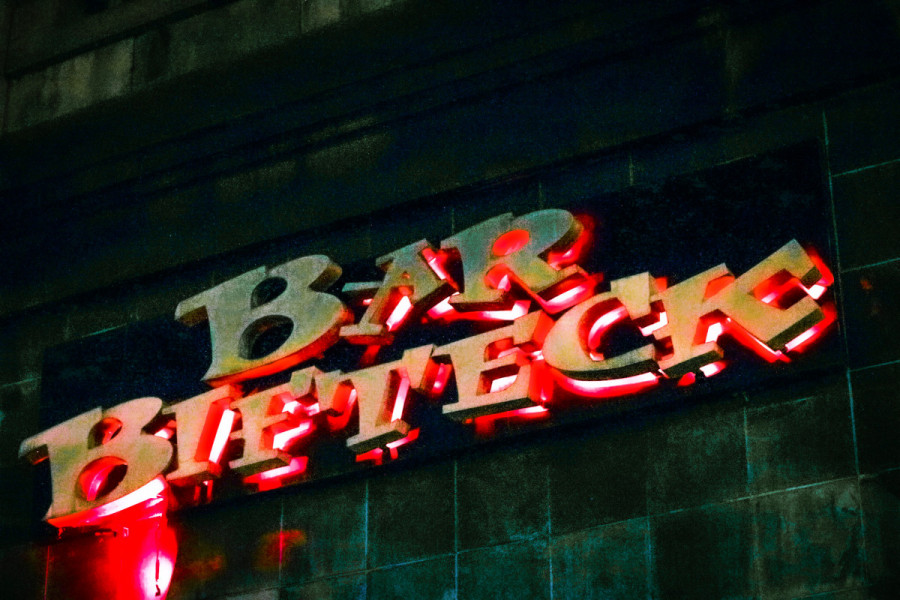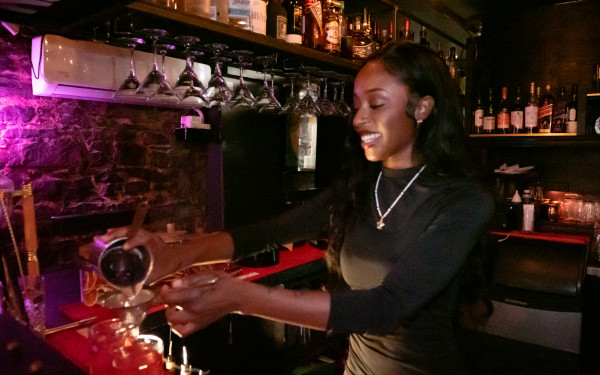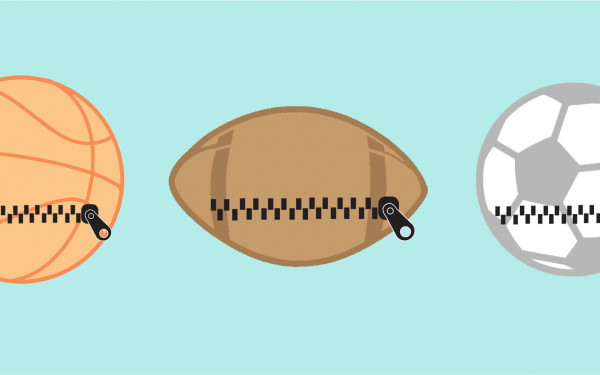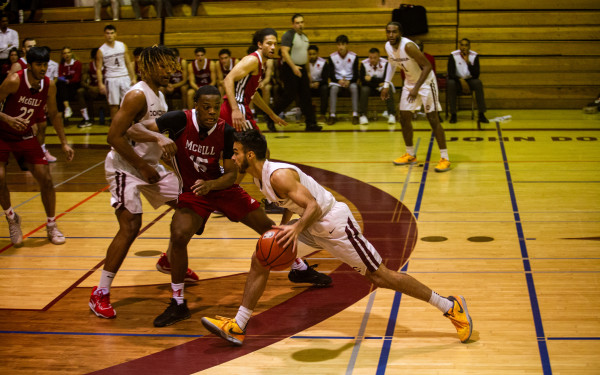Nightlife hazard: Students call out systemic sexism at Bar Bifteck
Former employees allege harassment in workplace
Content warning: sexual assault, misogyny, violence. The names of Alice, Sam and Lea have been changed for their safety.
Located at the corner of Guilbault and St. Laurent Blvd., Bar Bifteck presents itself as a historic institution of the Plateau.
Bifteck’s clientele is mainly made up of students and neighbourhood regulars, who don’t expect much more than affordable drinks and complimentary popcorn when entering what has been described as an unpretentious dive bar.
According to the Quebec registry of businesses, the bar is co-owned by José Da Eira, his son Steve Da Eira, alongside another member, Nancy Da Eira.
While he has been affiliated with the bar for 26 years, Steve Da Eira says he took on the role of manager when he moved back to Montreal from Bordeaux, in the midst of the pandemic.
Since the bar’s reopening, Da Eira says his main challenge has been hiring staff.
"We have a lot of trouble getting good staff, the employees I take on are often students,” he says. “Students nowadays don't really care about the job.”
While Da Eira claims that the well-being of his staff is his main priority, several students who have worked at the bar claim otherwise.
The Link has gathered three testimonies (of ex-staff) accusing Steve Da Eira of sexism and sexual misconduct in the workplace and denouncing poor working conditions.
In fall 2023, Alice turned to the service industry in hopes of finding a part-time job. After just two shifts at Bifteck, she walked out the door determined to never set foot there again.
Alice’s first shift at Bifteck happened on a packed Saturday night. For seven hours straight, as she was serving a rush of customers, she says she was both a victim and a witness to misogyny and harassment while working alongside Da Eira behind the bar.
“When passing behind me, he grabbed my ass,” she said. Da Eira did not wish to comment on this allegation without the presence of his lawyer.
As the night went on and the bar emptied, the mistreatment of one female customer in particular made Alice doubt that the environment was safe for feminine-presenting customers.
As the woman’s group of friends left, she sat alone at the bar. “She was very young, and really really out of it,” Alice says.
Alice says she was shocked at Da Eira’s inaction when a middle-aged customer sat next to the intoxicated girl started flirting and then tried to coerce her back to his apartment.
“At one point we heard a huge boom outside and I saw that the girl had passed out right in front of the door,” says Alice. According to her, one of the servers ran to help, only to find the door locked. “Steve told (the server): ‘Come back and finish cleaning the tables, you’ll take care of your girlfriend afterward,’” Alice recalls.
Da Eira says he could not recollect the events of the night in question.
“That's her perception of the facts. I'm not going to go into detail about that,” he says. “Absolutely, [Bifteck is a safe place for women], that I can guarantee. But I can't be on the lookout for everything.”
Alice says she never felt safe that night, and her fear only increased as it came time to close up shop.
As Alice was cleaning the bar, she says she heard Da Eira asking a regular—who was still at the bar after closing—what his impression of the new bartender was.
“He replied ‘It was a beautiful sight,’” says Alice. “To which Steve’s response was ‘If you want her you can have her, just go to the doctor and get the little blue pills (Viagra).’”
Alice said the hardest thing about that evening for her was the inaction of all three men present in the room while Da Eira was allegedly throwing sexist comments at her. “All of them heard that stuff, and nobody said anything about it,” she says.
Da Eira justified why he would not respond to Alice’s claims out of concerns of being sued. “It's time we respected women as we should respect them, but what I find now is that you have to be careful what you say. It's really sad,” he said.
Da Eira affirms that he is very protective of his employees. “But I can't be liked by everyone, that's part of the job," he says.
“After seven hours of shift, a passed out woman and him doing nothing about it, having my ass grabbed, I almost felt like I was prostituting myself,” Alice told The Link.
While Alice quit after that night—which she described as traumatic—other staff members said they had to stick around out of financial necessity.
Lea, another McGill student, was one of them. “As you work with management you know it’s not necessarily a safe place. I never felt fully comfortable. I was always careful with what I wore,” she says.
During her first months behind the bar, Lea thought that Da Eira was protecting her by letting her tell guys off who were being a bit too pushy. “I thought at first that they had my back… But I soon realized it’s just that they didn’t care,” she says.
Lea adds that she tried to protect female customers by being on the lookout for signs of distress, but she would often be dismissed when reporting it to management.
“I felt powerless, I don't feel safe for them (female customers),” Lea says.
When asked about customer safety at Bifteck, Da Eira says: “We do everything to protect them… It's a student bar, sometimes when they have one drink too many [they get crazy]. When there's a problem, the police are there in less than ten minutes.”
One male ex-staff member says he noticed the presence of double standards maintained by the bar’s management.
Hired as an extra over the summer and allegedly paid under the table, Sam was surprised at the preferential treatment he would receive over the female co-worker he worked with at the time.
“[Da Eira] would be demeaning to her all the time,” says Sam. “He would say she was slow, or stupid... He never said anything [demeaning] to me.”
Da Eira denies using the word “stupid” against his staff. “Slow, it could happen, in conversation, if you were too slow to get a table or whatever it could happen. As any manager could tell you,” he says.
The experiences at Bar Bifteck, as recounted by Alice, Lea, and Sam, are symptomatic of old-fashioned practices still present in Montreal's nightlife scene. Da Eira defends the practices: “I was raised in the old school. Many of my peers respect me for it.”
Alice says she chose to speak out to warn others and raise awareness. “As a customer, you have the power to hold institutions and their staff accountable,” she says. “Change is imperative, and in some places, long overdue.”
This article originally appeared in Volume 44, Issue 11, published March 5, 2024.







